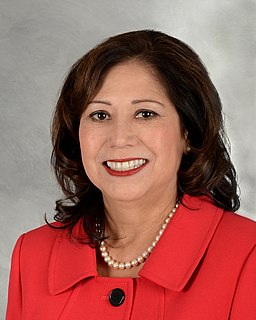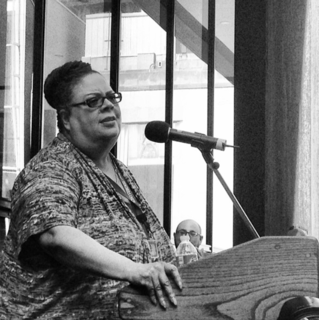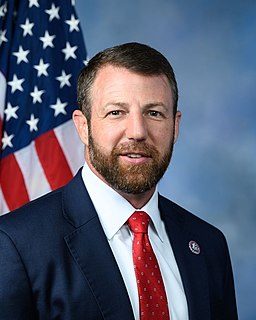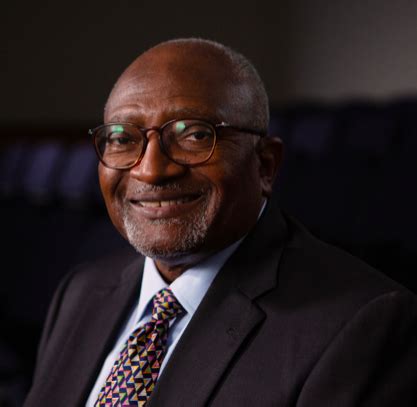A Quote by Hilda Solis
Typically, during recessionary times, particular groups suffer higher rates of unemployment -African Americans, and Latinos, and in some cases other minority groups. If you don't have a high level of training or education you're going to fall into that category.
Related Quotes
There's no question that to some extent there are structural disadvantages built in, not just for women but for other minority groups who don't hold power at the executive level either at the company or in the industry. My position is not just "Oh, okay, anyone can overcome those." It's just as we work to get more women and people in minority groups at higher levels in positions of power, what are our options?
Despite all of the civil rights gains of the past several decades, when it comes to economic opportunity, African Americans and Latinos still experience far more unemployment than do whites and Asians, average wages are lower, and household wealth is lower. A smaller percentage of African Americans and Latinos attend, and complete, college, than is the case with whites and Asians, and a higher percentage end up in prison. All of these are indicators of massive disparities in opportunity, and these disparities are mirrored in poverty data.
If you look back at history or you look at any place in the world where religious groups or ethnic groups or racial groups or political groups are killing each other, or families have been feuding for years and years, you can see - because you're not particularly invested in that particular argument - that there will never be peace until somebody softens what is rigid in their heart.
Education is the key to the future: You've heard it a million times, and it's not wrong. Educated people have higher wages and lower unemployment rates, and better-educated countries grow faster and innovate more than other countries. But going to college is not enough. You also have to study the right subjects.
An environmental revolution is taking shape in the United States. This revolution has touched communities of color from New York to California and from Florida to Alaska - anywhere where African Americans, Latinos, Asians, Pacific Islanders, and Native Americans live and comprise a majority of the population. Collectively, these Americans represent the fastest growing segment of the population in the United States. They are also the groups most at risk from environmental problems.


































